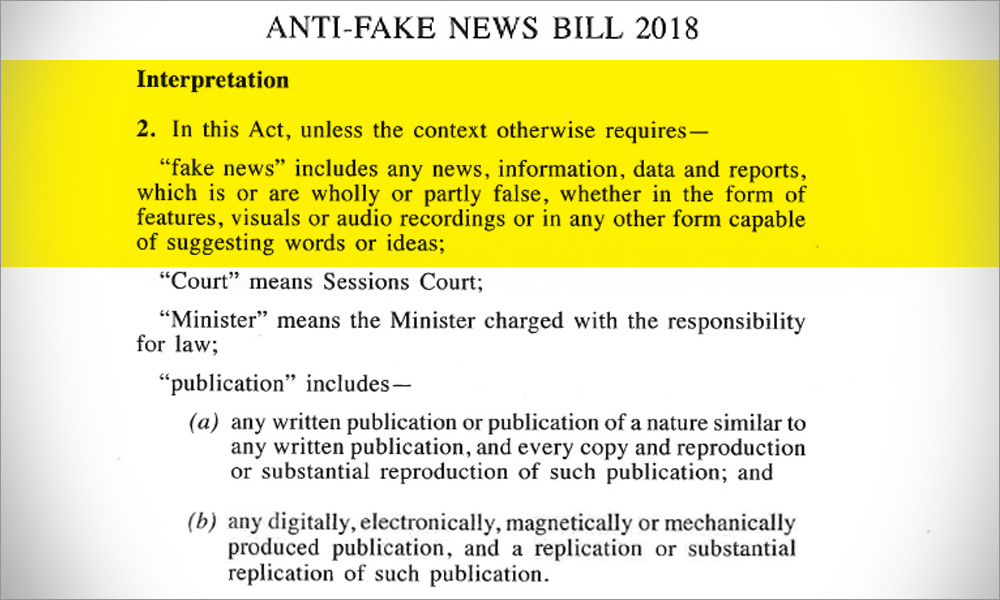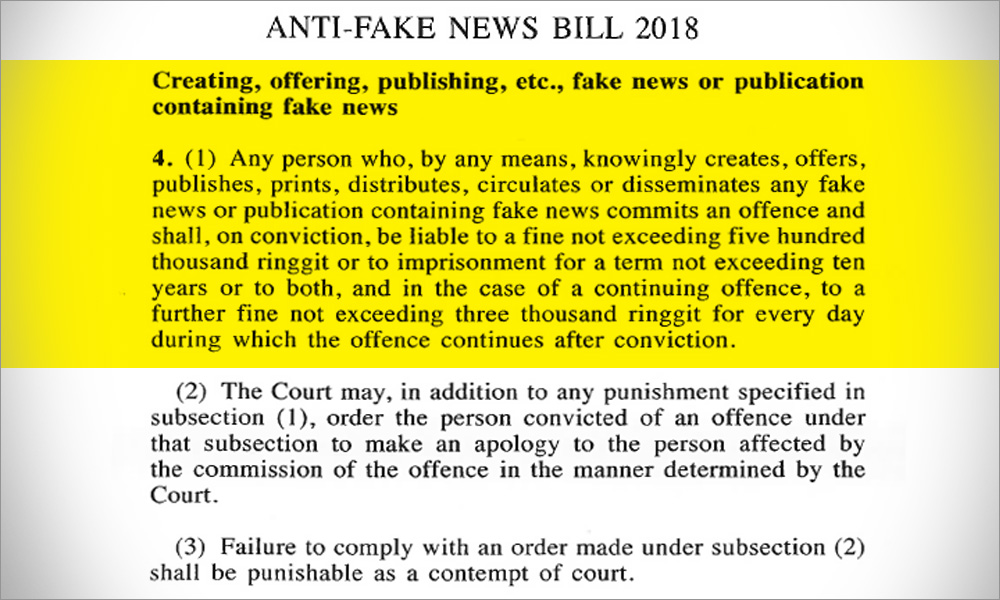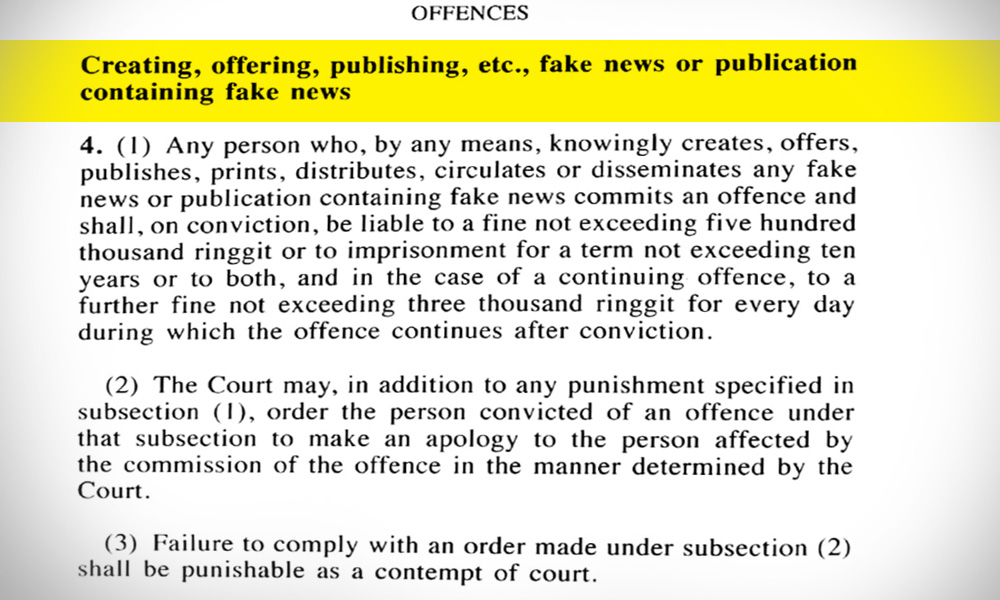Most important is for people to come together to monitor what is happening in Malaysia, States, Districts, towns and kampungs ...and express themselves and make demands. It is always important to lobby just governments - but even more important is to struggle to get the support of as many Malaysians as possible...and thereafter SHOW this support of the people.
Our current government seems to be VERY SCARED of people - hence laws preventing people from gathering and discussing, not not just physically but also in social media.
During the campaigning for the March 8 2008 General Elections, Parti Keadilan Rakyat (PKR), the Democratic Action Party (DAP) and Parti Islam Malaysia (PAS), now forming the Pakatan Rayat coalition, had individually and collectively promised local council elections in various campaign documents. Local Council Elections - Penang leads by asking EC to conduct elections..
Why should Federal and State Government be afraid of people choosing their own Local Council through democratic elections? Do they not believe in DEMOCRACY - Now, in Temerloh, many traffic lights are not functioning, roads including roads to Tamans,Shopping Area not maintained - potholes, fading, unseen or confusing white lines, unswept roads, unpainted or rusting, absence of road name signboards etc - all being duty of Local Councils...but the Local Council may be little bothered about the people of Temerloh - because they are APPOINTED by State/Federal Governments - if they were elected, things in every towns and districts will be so much better - because we will VOTE them out if they fail...
DEMOCRACY - feared by UMNO-BN and Opposition? Restore democracy at all levels to the Rakyat?
Even Thailand have local council (local government) elections. Shame on you, Malaysia.
Promised Local Council Elections, Procrastinated, Breached?, Now doing a poll ...wayang??
Federal Government, not Local Council, responsible for garbage collection
Media Release - 28/3/2018
Citizens
Call for Restoration of Local Council Election
As the 14th General Election is looming, a group
of citizens called upon the federal government and state governments to restore
local council election and return the third vote to the people.
They argued that the local council is most relevant to the
daily life of ordinary people, it is crucial for a community to elect qualified
and competent representatives who can serve the people. Unfortunately the right
to elect people’s local representatives was usurped by the federal authority in
1960s.
“The current appointment system of local councillors lacks accountability because they do not need to
face discontent from community, there is no check and balance by the residents
if any councilor does not perform. It is
very unfair for the tax payers who supposedly determine the direction of local
planning and development.” Says Lee Soo Wei, who represented the Youth Section
of KL and Selangor Chinese Assembly Hall to move the motion.
Local council elections had been practiced in Malaysia even
before the independence, such as the Penang Municipal Council Election in 1951
and Kuala Lumpur Municipal Council Election in 1952. local council election was
suspended in 1965 when Indonesia launched Konfrontasi against Malaya. It has
never been revived after that.
About 40 citizens made the call in the policy reform
discussion session organized by the Civil Society Caucus for Policy Reform that
was held at KL and Selangor Chinese Assembly Hall on 23 March 2018.
The group deliberated 35 proposed motions and passed 26 of them.
Among the motions passed are restoration of local council election; enactment
of anti-torture act to curb death in
custody; review the National Cultural Policy to prioritise culture and arts of
all ethnic groups; review the national energy policy to maximise utility and
deepen decarbonisation, and propose Women to be paid fair and just wages.
Free education for all has become a heatedly debate topic
in the discussion. Sharan Raj from Demanding Free Education Movement (GMPP)
contended that education is basic human right, the government has a duty to
provide free tertiary education including acquire the private universities
under the 15 government-linked companies.
However, Chong Kok Boon argued that free tertiary education
is not sustainable. He suggested the government to consolidate the resources
for higher education, combine and reduce number of higher education
institutions (HEIs) and convert all HEIs to non-profit charity organizations
entitled to subsidies per student.
The list of motions passed in the policy reform discussion
is as follows :
1.
Review the National Cultural Policy 1971,
prioritise culture and arts of all ethnic groups, instead of focusing on
cultures of native people in the region.
2.
Review the National Cultural Policy 1971,
remove the element of religion, because cultures of ethnic groups change over
time, but religion never change
3.
Review the National Cultural Policy 1971, set
up a cultural and art council that represented by multiethnic practitioners of
cultural activities and artists. The purpose is to determine the administration
and management on matters relating to culture and arts in Malaysia
4.
Education is a human rights and not commodity
for sale. Therefore, the government is responsible in ensuring education is
given by free from pre-school to the first bachelor degree. The government should
ensure access to education by providing school bus transportation for free in
rural area.
5.
Revise National Energy Policy to maximising
utility, deep decarbonisation and minimise the socio-economical gaps across the
country
6.
Amend the 30(3)(a) article of Malaysian
Anti-Corruption Commission Act, change the interrogation time “from day to day”
to “from day to day but limit to 6 hours.
7.
Enact Anti-Torture Act to curb violence by all
enforcement agency officers including MACC, Police, immigration and prison
officers. Any officers commits such offence is liable on conviction to
imprisonment from 15 years to life imprisonment, or / and a fine from ten
thousands to one hundred thousand
8.
Ratification of United Nations Convention
against Torture and Other Cruel, Inhuman or Degrading Treatment or Punishment
(CAT)
9.
Compulsory human rights education for all
Public servants
10. Amend
the constitution and related existing laws to institute recall mechanism for
elected representatives
11. Abolish
electoral deposit system that violates everyone's right to run for political
office, the government should replace it with a petition system where MP
candidate should collect 600 signatures and ADUN candidate should collect 300
signatures to qualify his / her candidacy
12. Implement
a land rights policy to ensure all marginalised communities or individuals are
entitled to lands, such as indigenous people, urban settlers, farmers and the
poor
13. Set up
transitional justice commission to provide remedy for victims and punish
perpetrators of all past wrongdoings under the previous regimes
14. Demand
the federal government and state governments to restore local council election,
return the third vote to the people
15. Reinstate
the 15% upper limit of voter disparity among parliamentary seats
16. Implement
Propositional Electoral System, base on total number of votes obtained by
political parties to determine number of parliamentary seats.
17. Enact
Animal Protection Act to respect and protect animal life in Malaysia
18. Amend
land code to recognize the right to native customary land of indigenous people
19. Ratify
International Convention on the Protection of the Rights of All Migrant Workers
and Members of Their Families
20. Enact
a Social Inclusion Act to develop and implement an integrated action plan to
address the issue of serious marginalisation in Malaysian society.
21. the
Federal Government reprioritise the budget allocation among ministries, and
dedicate at least 3.5% (world average) to 6.2% (OECD average) GDP to health
22. Respect
women workers’ rights and their contribution to the economy by reviewing the
labour laws to ensure they are compatible with International Labour
Organisation (ILO) Conventions
23. Women
must be paid fair and just wages and earn benefits without discrimination
24. Women
returning to work after a lapse of some period should be allowed to return to
their previous positions or any other employment without discrimination of pay,
leave and other benefits
25. Protect
the rights of women workers in the informal sector especially domestic workers
and ratify ILO Convention 189
26. Affordable
or free child care services must be provided for workers with children near or
at the workplace
Civil Society Caucus fpr
Policy Reform is jointly endorsed by Agora Society, MEONET, Youth Section of KL
& Selangor Chinese Assembly Hall, Teoh Beng Hock Trust for Democracy,
OHMSI, Youth Section of Melaka Chinese Assembly Hall, Suara Rakyat Malaysia
(SUARAM),Malaysians Against Death Penalty and Torture (MADPET),
Persatuan Sahabat Wanita Selangor (PSWS), Persatuan Aktivis Sahabat Alam
(KUASA), Johor Yellow Flame (JYF),Sosialis Alternatif, Gerakan Menuntut
Pendidikan Percuma
公民社会政策改革连线新闻稿,2018年3月26日
公民社会呼吁恢复地方议会选举
第14届大选来临之际,一群公民呼吁联邦政府和所有州政府恢复地
他们强调,地方议会是与一般人民最息息相关的政府机构,人民能否
“目前的市议员委任制缺乏问责精神,因为被委任的市议员不必面对
实际上,地方议会选举早于独立前就在大马落实,最先举行的是19
大约40个公民在吉隆坡的政策改革讨论上发出这个呼声。这个活动
政策改革讨论会辩论了35个提案,总共通过了26个提案。通过的
免费教育提案引发了热烈的辩论。来自要求免费教育运动的萨然拉茨
但是,庄国文认为,免费高等教育不是可持续性的方案。他建议政府
政策改革讨论会通过的26个提案如下:
1.
重新检讨1971年全国文化政策,马来西亚各族群的文化和艺术应
2.
重新检讨1971年全国文化政策,将宗教元素排除在外,因为文化
3.
重新检讨1971年全国文化政策,成立一个由各族群文化人与艺术
4.
教育是基本人权而非可贩卖的商品。因此,政府有责任为人民提供免
5.
修订国家能源政策以最大限度地提高效用,深度减碳和将全国的社会
6.
修改反贪委员会法令第30(3)(a)条文,将审讯时间从‘每天
7.
制订反酷刑法,以遏制包括反贪委员会、警察、移民厅和监狱官员在
8.
批准联合国禁止酷刑和其他残忍、不人道或有辱人格的待遇或处罚公
9.
为所有公务员提供人权教育。
10.. 修改宪法与相关法律,以制订弹劾民意代表的机制。
11.. 废除选举按柜金制度,因为这违反每个人参与选举的权利,政府应该
12.. 实施土地权利政策以确保所有边缘化社区或个体都有权利获得土地,
13.. 设立转型正义委员会,处理前任政权犯下的过去错误,补偿受害者和
14.. 要求联邦政府和州政府恢复地方议会选举,归还人民的第三票。
15.. 恢复各国会选区之间选民人数的15%差距上限
16.. 实行比例代表选举制度,根据各政党获得的总票数来决定所获的国会
17.. 制订动物保护法令以尊重和保护马来西亚的动物生命
18.. 修改土地法典,承认原住民的土地习俗权利。
19.. 批准保护所有移徒工人及其家属成员权利国际公约。
20.. 制订社会包容法,制定和实施综合行动计划以解决马来西亚社会严重
21.. 促联邦政府重新安排各部门预算拨款的优先顺序,并将卫生预算从国
22.. 尊重女性劳工权益和她们对经济的贡献,修改劳工法令以确保符合国
23.. 女性应不受到歧视地获得公平薪资及福利
24.. 在一段时间过后重返工作岗位的妇女应当被允许返回原来的职位或任
25.. 保护非正规部门女工特别是家庭工人的权利,并批准劳工组织第18
26. 必须为工人提供可负担或或免费的托儿服务,该服务需在工作场所或
 Klang MP Charles Santiago. — Sunpix by Asyraf Rasid
Klang MP Charles Santiago. — Sunpix by Asyraf Rasid







